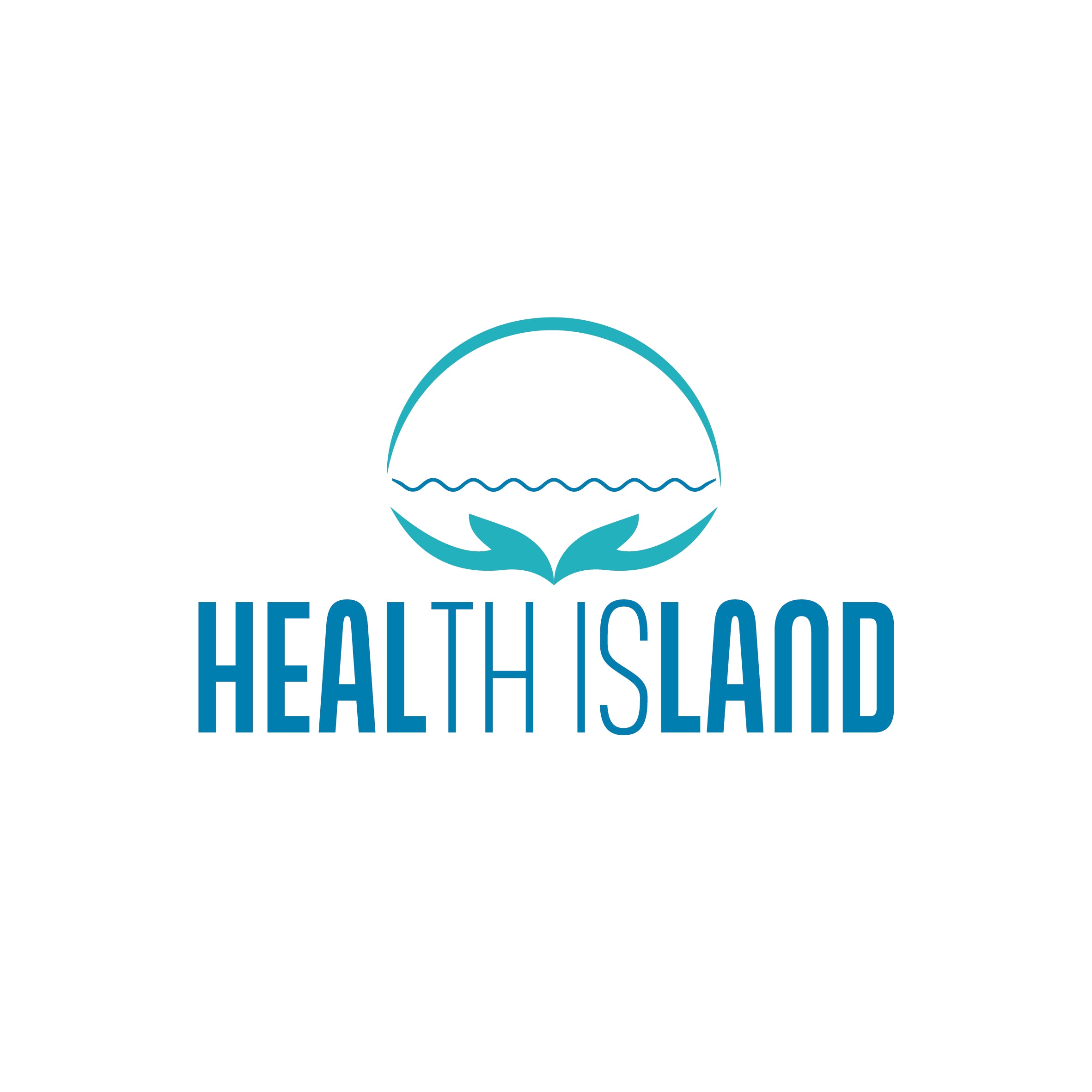Why do I start to feel hungry a mere two hours after a wholesome 2-course breakfast every morning?
Come 10am I'm embarrassed to say I'm feeling peckish again. I usually have two fruit on hand, but that's really pure sugar, with a bit of fibre.
No sandwich I've brought for lunch has ever survived past 12 noon!
The Blood-Sugar Link
Recent research has shown that people who experience big dips in blood sugar levels several hours after eating end up feeling hungrier and consuming hundreds more calories during the day than others.A study published on 12 Aril 2021 in Nature Metabolism found why some people struggle to lose weight, even on calorie-controlled diets, and highlight the importance of understanding personal metabolism when it comes to diet and health.
The research team collected detailed data about blood sugar responses and other markers of health from 1,070 people after eating standardized breakfasts and freely chosen meals over a two-week period, adding up to more than 8,000 breakfasts and 70,000 meals in total. After analyzing the data, the research team noticed that some people experienced significant 'sugar dips' 2-4 hours after this initial peak, where their blood sugar levels fell rapidly below baseline before coming back up
When we eat carbs, our bodies convert it into glucose and that goes into our blood. Our blood glucose levels then rise. The quicker they rise, the quicker they fall - and that's what causes hunger, lethargy, sugar cravings.
Here are a few reasons why you may experience the same, and how to fix it:
How to Fix It
- Having a breakfast of fruit or smoothies? While fruit has excellent nutrients, it does contain huge amounts of sugar, so measure your fruit intake. If having a smoothie, try and include any green vegetables such as spinach. Avo's also have healthy fats, which fill you up longer - makes for a creamy smoothie as well, and you wont notice a taste difference.
- You are using gluten-free alternatives. "These products almost always contain more carbs than the wheat-made originals," explains Brenna Thompson, RD, a dietitian at Nutritional Weight & Wellness in St. Paul, Minnesota. Blend a ripe banana and mix with two eggs and two tablespoons of coconut flour. Pour the batter into a pan greased with coconut oil or butter and top with full-fat whipped cream." This recipe provides healthy fats and protein to help keep hunger at bay. If you're set on your regular or gluten-free pancakes or waffles, limit yourself to one. Top it with butter instead of syrup, and pair it with a sausage for some added protein and satiating fats, Thompson suggests.
- If you are having oats like I do, it's easy to get carried away with toppings by piling on the brown sugar, maple syrup, and honey . Also, dried fruits are sweeter than their fresh counterparts. Combined, all of these mix-ins can turn your protein- and fiber-filled breakfast bowl into a hunger-revving sugar bomb. The Fix: Top your breakfast with nuts, nut butter, or unsweetened coconut flakes to add protein and healthy fats to your meal and boost its staying power. And instead of your usual sweetener, consider cooking your oats with a mashed banana or unsweetened applesauce and a little cinnamon, suggests Lindsey Janeiro, RDN, a dietitian in Sarasota, Florida.
- You add at least two teaspoons of any sweetener to your coffee. Here's a tip – if you enjoy coffee like I do, ITS. BETTER. WITHOUT. SUGAR. I used to add sugar but at a particular time of my life 30 years ago I found I was having too much, and started questioning how much was a sugar craving and how much was a coffee craving. I went cold turkey. The first 3 days was hard, but soon after I started to DISLIKE any sweetener in coffee – why ruin a great tasting drink, right?
The human body is a complicated thing (made more so because it's also at the mercy of the mind, that fickle, fallible thing). How we react to our environment is impacted by so many things: genetics, our mother and father's condition pre, post, and during pregnancy, our early feeding years, and then of course, our environment. I guess that's why DNA really is unique!
